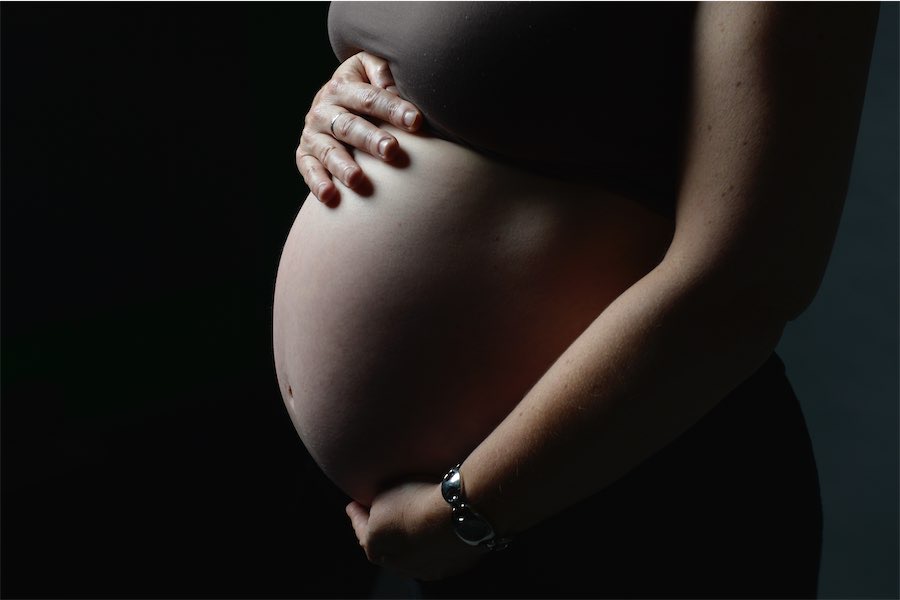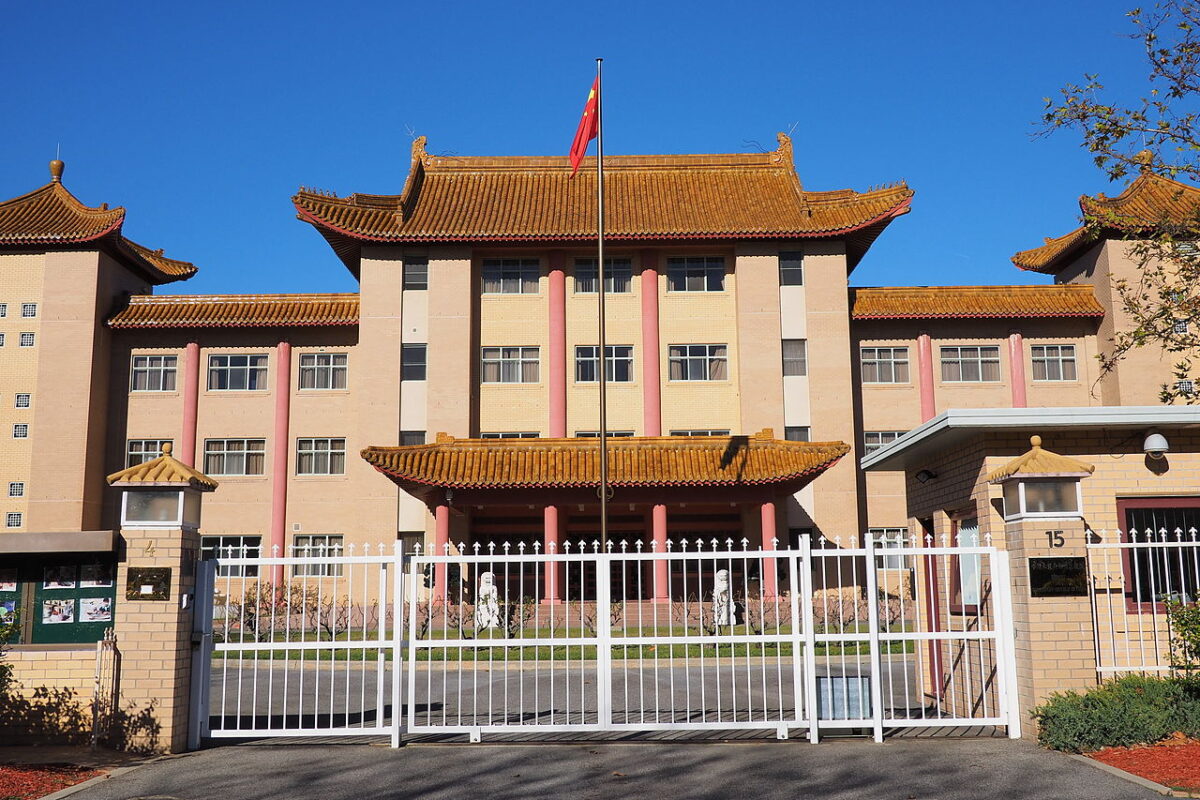
By Fraser Barton in Brisbane
Queensland public servants will have 10 days reproductive health leave per year in an Australian-first initiative.
Premier Steven Miles has also announced superannuation payment changes to help bridge the gap between what male and female state government workers retire with.
New entitlements include days off for fertility treatments, chronic reproductive health conditions like endometriosis and preventative screening for breast and prostate cancers.
Workers will also be granted leave for reproductive health treatments such as hysterectomies and vasectomies.
The scheme is due to be in place by the end of September.
“This leave will be available to them so that they don’t exhaust their other personal leave,” Mr Miles told reporters on Monday.
The move has been supported by opposition Liberal National Party leader David Crisafulli and welcomed by unions.
“Anything that can allow public servants to feel respected and valued is something that gets my approval,” Mr Crisafulli said.
Union representatives will take the policy to the ACTU national conference in June with a request to the federal government that it become a nation-wide commitment.
“This is for every worker, women and men, who experience reproductive health issues across their working lifetime,” Queensland Unions General Secretary Jacqueline King said.
“Having access to leave and flexibility in work arrangements can make all the difference to help manage sometimes extremely personal issues in a work environment”.
Mr Miles also announced changes to superannuation payments.
Public service workers who take unpaid maternity or paternity leave will have their super contributions paid for by the government for the duration of the 52-weeks parental leave from July.
Superannuation is currently only paid to workers on paid parental leave.
Data from 2020-2021 found that the average superannuation balance gap between men and women in Queensland was 19.8 per cent, with only 13.9 per cent of Queensland women relying on their superannuation as their main source of retirement income.
The premier said the equality initiative will help bridge the gap between the retirement fund balance of men and women.
Ashleigh Sullivan from the Queensland Midwives and Nurses Union said their women-dominated workforce had breathed a sigh of relief with the announcements.
“The women of my generation have exhaled today knowing that we will not face the same realities that some of our colleagues are facing,” she said.
Changes to superannuation and unpaid parental leave for a grade five nurse or midwife is expected to net them an extra $9900, the union said.
“This is going to make a profound difference to their superannuation meaning that women should not be retiring in poverty as they currently are,” union secretary Sarah Beaman said.
Who can be trusted?
In a world of spin and confusion, there’s never been a more important time to support independent journalism in Canberra.
If you trust our work online and want to enforce the power of independent voices, I invite you to make a small contribution.
Every dollar of support is invested back into our journalism to help keep citynews.com.au strong and free.
Thank you,
Ian Meikle, editor





Leave a Reply